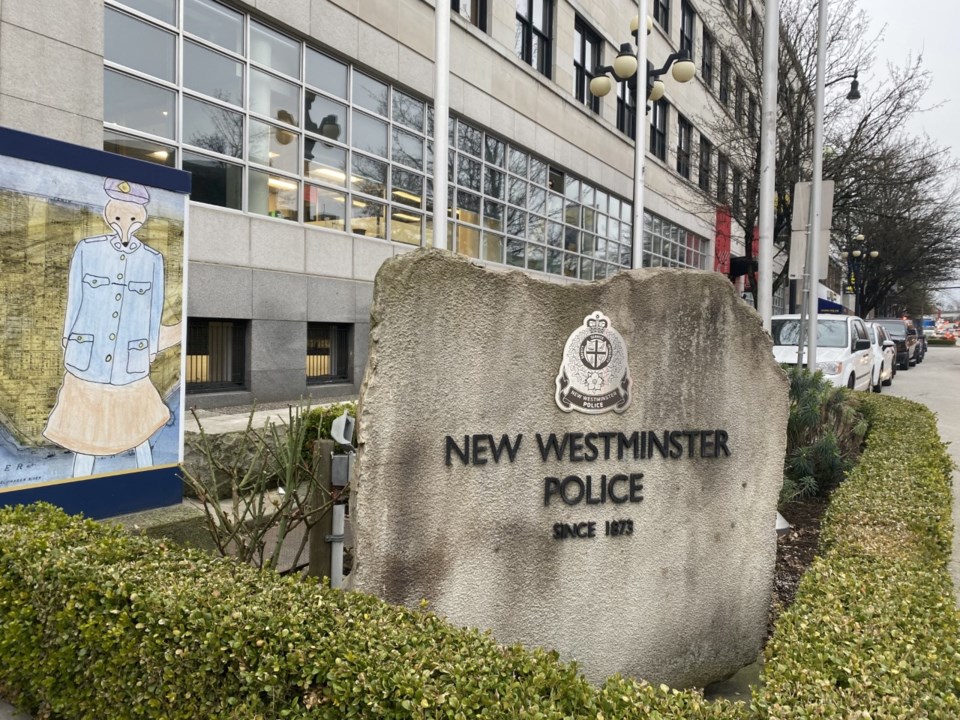The mayor has always been the chair of the New Westminster police board – but that could potentially change in the future.
The province has introduced changes to the Police Act aimed at improving governance and oversight of policing. It’s part of the province’s work to make systemic improvements to the policing and public safety landscape in B.C.
"We count on our police to respond in difficult situations to keep us safe, and there are ongoing conversations on how to change policing to keep pace with a changing world, particularly for many Black, Indigenous and other people of minority communities who have had negative experiences with the police," Mike Farnworth, Minister of Public Safety and Solicitor General, said in a news release. "By focusing on changes to municipal policing, we are setting the foundation for a modern policing system that is fair, equitable and responsive to all communities."
The legislation makes changes to municipal police governance, oversight and police superintendence.
According to the province, the changes address recommendations from the 2022 Special Committee on Reforming the Police Act and from the 2019 Special Committee to Review the Police Complaint Process. The changes also address legislative changes requested by the Office of the Police Complaint Commissioner.
Mayor Patrick Johnstone, who currently chairs the New Westminster police board, welcomes the changes.
"I am glad to see the minister announce this first phase of Police Act changes,” he said in a news release. “I have appreciated the comprehensive consultation with local government and police board leadership through the round-table model, and the recognition that not only is policing changing, but that public expectations about police oversight are changing as well. These measures are moving us is a good direction."
A variety of governance-related discussions have taken place at the New Westminster police board in recent years.
Changes to governance will allow local governments to determine who will be their representative on their police board and will allow members of the police board to elect their chair and vice-chair. Currently, the mayor is automatically the local government representative and the chair of the police board.
In New Westminster, the mayor serves as the chair of the police board but it has not had a vice-chair.
According to the province, the legislation will also strengthen oversight of municipal police with several changes, including:
- Allowing the police complaint commissioner to call a public hearing earlier in misconduct investigations.
- Providing the police complaint commissioner with the authority to conduct systemic reviews and investigations into the causes and contributors of police complaints.
The province is continuing to work on other policy and legislative reforms called for by the 2022 Special Committee on Reforming the Police Act, including police training, provincial governance and Indigenous policing models. This work involves engagement with Indigenous partners, local governments, policing representatives, police oversight agencies, and community-based and advocacy organizations that will inform the work of further efforts to change policing in the province of B.C.
Patricia Barnes, president of B.C. Association of Police Boards and director of Vancouver police board, said she’s very pleased the province is moving forward with Phase 1 changes to the Police Act.
“We believe that strengthening the governance of independent civilian police boards can only improve policing in the province and ensure their mandate of public safety is supported in a way that benefits people across British Columbia,” she said in the news release. “We look forward to continuing to work with the province on further changes and adjustments, as the Special Committee's recommendations are implemented to support and uphold public trust, safety, police accountability and policing effectiveness."




